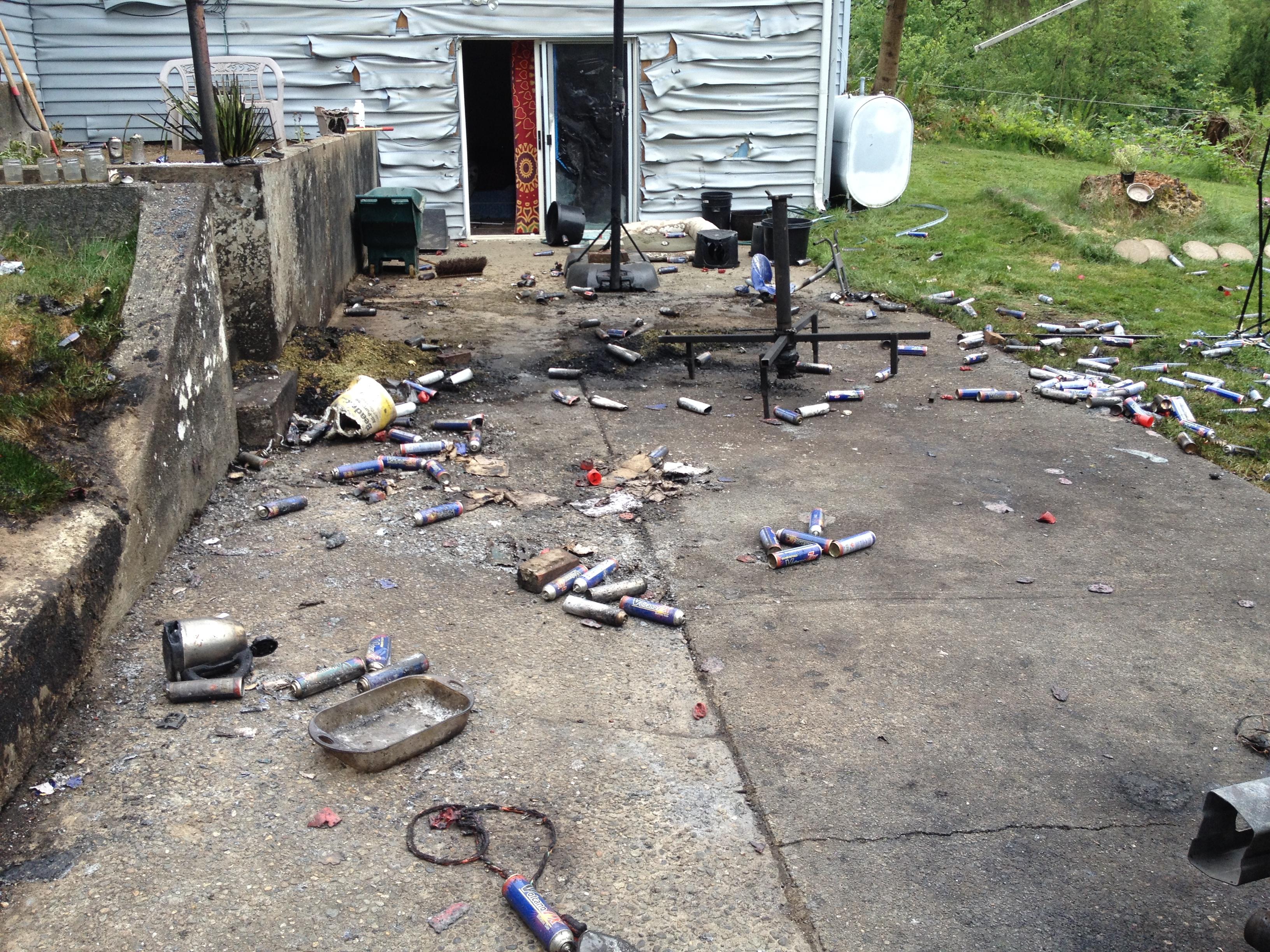

Colorado's top law enforcement official says manufacturing high-potency marijuana oil is not legal under the state's first-in-the-nation recreational marijuana law.
State Attorney General John Suthers wrote in a court brief Tuesday that the law prohibits the dangerous production of hash oil, which has caused a number of fiery explosions and injuries this year as pot users try to make it at home. Some prosecutors have been charging individual hash oil creators with felonies while others have not pursued criminal charges at all.
Suthers filed a brief in response to a western Colorado man's contention that Mesa County prosecutors improperly charged him with a crime for manufacturing hash oil.
“Amendment 64 expressly prohibits an individual from making marijuana oil and unfortunately, Colorado is experiencing a real public safety issue as a result of unsafe and unlicensed manufacturing and production,” Suthers said in a statement on Tuesday. “The Blue Book made it clear that Amendment 64 allowed for the responsible and safe use of marijuana, so to decriminalize dangerous and unreasonable behavior in which people are getting hurt and houses are blowing up, defies the intent of the voters.”
An attorney for Eugene Christenson in Mesa County argued in a court filing that the substance is legal under Amendment 64.
What makes the manufacture of hash oil so dangerous is the use of invisible explosive gases, such as butane or propane, in the hash-oil manufacture process. To make it, marijuana is ground up and packed into an extraction tube. Gas is then forced into the tube, creating a highly-intoxicating concentrate of THC, the active ingredient in marijuana. The result is a honey-like substance -- or “butter” -- that can be used in edibles or heated and inhaled.
Since the beginning of the year, dozens of fires caused by home hash oil manufacturers have been recorded in Denver area alone, according to Kevin Wong, a data analyst for the White House’s Rocky Mountain High-Intensity Drug Trafficking Area.
“There are instances where this has happened in single-family residences -- detached homes,” Wong told Colorado Matters earlier this year. “These have happened in shared-wall condos or townhomes. These have happened in apartment complexes, in hotels, motels. These have even happened in moving vehicles. There are also cases in the Denver-metro area where there are commercial buildings that these have happened outside of, such as marijuana dispensaries or medical marijuana retail stores.”
Wong declined to provide specific addresses of the incidents that have also occurred in Grand Junction, Colorado Springs, Leadville, Broomfield and Aurora.
After the rash of explosions and fires in Denver, Mayor Michael Hancock proposed making it a municipal violation to make hash oil at home. The ordinance would require home hash-oil production to use only water-based or food-based methods.
Suthers filed the latest brief in Denver District Court, after the earlier Mesa County filing.
“Under any serious view, reading Amendment 64 to decriminalize dangerous and unreasonable home manufacturing defies the form of reasonable and responsible behavior that the Amendment intended to allow,” the brief says.








